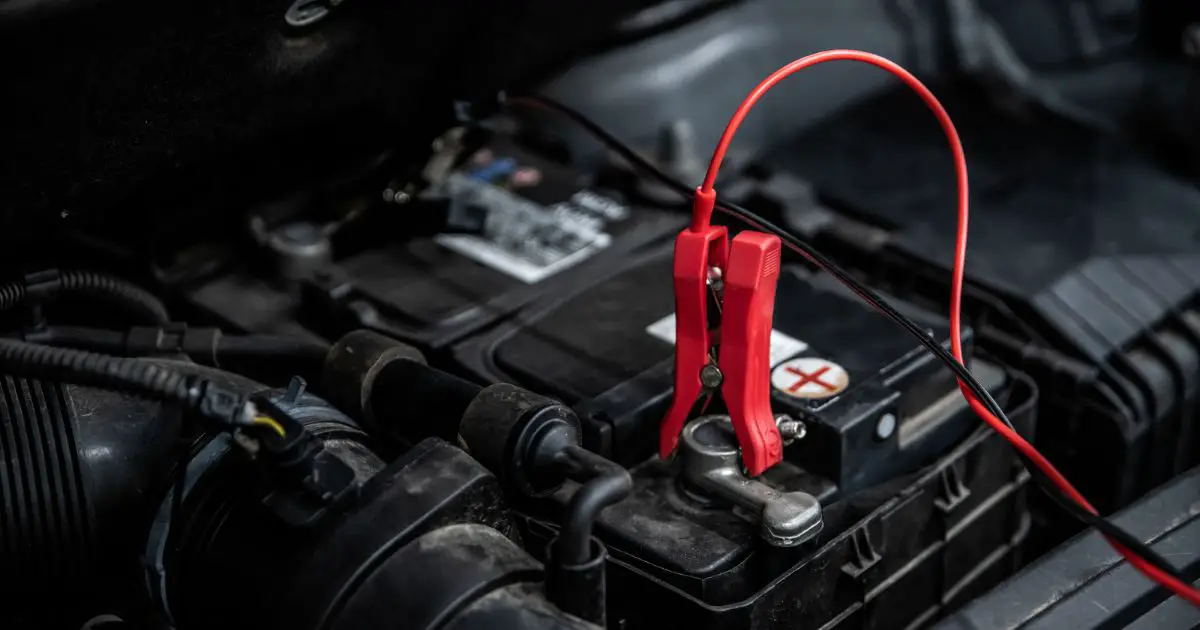Generators are a critical source of power. You can use them in any situation to provide backup power. Whether it’s natural calamities or simple power maintenance, generators will be up to do the job. But, even if these generators are saviors, you still need to take safety precautions, such as grounding a generator. If you fail to do so, it can put you or your home at risk.
To understand why grounding is necessary, we need to know about its risks. That’s why in this guide, we’ll study all the risks a generator poses if you do not ground it correctly.
What Happens If the Generator Is Not Grounded?
Grounding seems like an extra task for generators, where you have to find a perfect spot to bury an 8 feet long rod. But in the long run, this extra task can save you from problems, both financially and physically.
Well, if the generator is not grounded, you might run into risks. One is the risk of electrocution. If there is a fault in the circuit, it causes the current to store in the body of the appliances. If you don’t ground your system, the current stored will be there because the breaker will fall. So, the current will pass through that object to the ground (as intended).
This can cause electric sparks, which result in fire. And if, by any chance, you touch it, the current will flow through your body and shock you. Another thing is the generators generate electricity by rotating their motors at high speeds. These motors can create voltage spikes. If these voltage spikes reach your appliances, they can severely damage them.
What Exactly Is Grounding?
Electric current always travels from hot to neutral. So, when you connect an appliance to your utility line, there are two different wires inside the cable. One carries the current from the hot utility supply to the appliance. Then this reverts to the utility’s neutral through the other line. Thus, completing the circuit.
In this process, the current travels through wires that have the least resistance. That’s why copper is used in these wires because it is one of the least resistant metals. Now, if, by any chance, the circuit malfunctions, the circuit breaker will drop.
The current stuck in this cant connect to neutral, will look for another path. That’s where grounding comes in. Grounding dissipates this current to neutral ground. The ground that we stand on is the biggest source of neutral.What Is The Biggest Portable Generator?
To connect to this neutral, 8 feet long copper or steel rods are inserted in the ground. These rods connect to the grounding connection in your home or generator. Whenever any surge or voltage spike occurs, they disperse through these rods.
Why Is Earthing Required For A Generator?
The generator should meet the requirements of the National Electrical Code. These are a set of safety instructions that every electronic device must meet. With these, you can save not only your appliances but your own life too.
The NEC 2020 Article 250.4(A)(1) states you should connect the electrical system and the earth. This is necessary for the safety of the residents of the specific house or the office. It isn’t only applicable to the utility lines, but any power source, whether it’s an inverter or a generator.
The low resistance path to neutral ground dissipates voltage spikes or power surges from getting to appliances.
When Don’t You Need a Ground?
Generators and all sources of electric current need neutral grounds. If you meet certain requirements, then you don’t need to ground your generator.
- If your generator has a low resistance bonding to its frame. The connection is for the generator’s non-current carrying parts, such as the Engine, fuel tank, or housing.
- If your generator has its neutral conductor connected to its frame, the structure acts as ground.
- When you’re using the generator’s receptors to plug your appliances or equipment.
- If you have a floating neutral generator, the generator connects to the house’s ground.
When these conditions are met, you don’t need to connect your generator to the ground.
When Do You Need a Ground?
You know the answer to when you don’t need to connect your generator to the ground. But you also should know when to ground the generator.
- You should ground the generator at camping sites. If there are no existing grounds, a separate ground is mandatory. The same goes for the work sites, where heavy machinery is for construction projects.
- If you have a bonded generator, this generator directly connects to the appliances at your home. For devices like a freezer, or home air conditioner, grounding is necessary.
- Grounding is a must when you’re bypassing the breaker box inside your home and connecting the generator directly. Because of bypassing the breaker box, which has grounds, you need a separate ground.
How To Ground a Generator?
If your generator needs a separate ground, it’s time to install it. For this, you’ll need the following items.
- Grounding Rods
- Copper Grounding Wire
- Hammer
- Wrenches and pliers
Once you have these items, it’s time to start.
First, hammer the 8 feet long grounding rod into the ground. If you cannot hammer it into the ground, you can bury it 2 ½ feet into the ground too.
Then, connect the copper grounding wire to the grounding rod with the help of wrenches and pliers. Once successful, connect the wire to the generator’s grounding nut. The generator shouldn’t run during grounding process because it can shock you.
Does A Floating Neutral Generator Need to Be Grounded?
Yes, a floating neutral generator needs ground too. It’s just the generator doesn’t need a separate ground like the bonded neutral generator. Instead, it uses the neutral of your home system to ground itself.
Can Rebar Be Used as A Grounding Rod?
The rebar is of steel, and steel is a good conductor of electricity. So yes, you can use rebar as a grounding rod as it has lower resistance than many other metals.
What To Do If There Is No Ground Wire?
If there is no ground wire, you should look for groundnut in your generator. This groundnut should connect to a grounding rod. Then, use a ground wire to make a connection between them.
Is It Safe to Not Have Ground Wire?
No, it’s not safe if you have no ground wire. This puts your home appliances, equipment, and even generators at the risk of damage. It can cause electric surges, voltage spikes, and electric fires if there’s no ground wire.
Does A Standby Generator Need A Ground Rod?
The answer is ‘maybe not. This is because all standby generators are moving neutral generators; they use your system’s ground.
Apart from that, the NEC states that for a non-separately consequent system generator, you should install a fault return track. This should fit with the generator feeder conductors.
Conclusion
The generator’s engine can run at different RPMs due to any mechanical fault. This causes voltage spikes in the grid. If you have sensitive appliances at your home that contain microprocessors. The voltage spikes from your generator can damage them. To save them, grounding is necessary for all conditions.
But in some conditions, it’s not necessary to separately ground the generator. We’ve elaborated on those conditions in the guide. In addition to that, the guide contains information on when to ground the generator too separately. We hope this guide can help you understand the risks of not grounding the generator.

